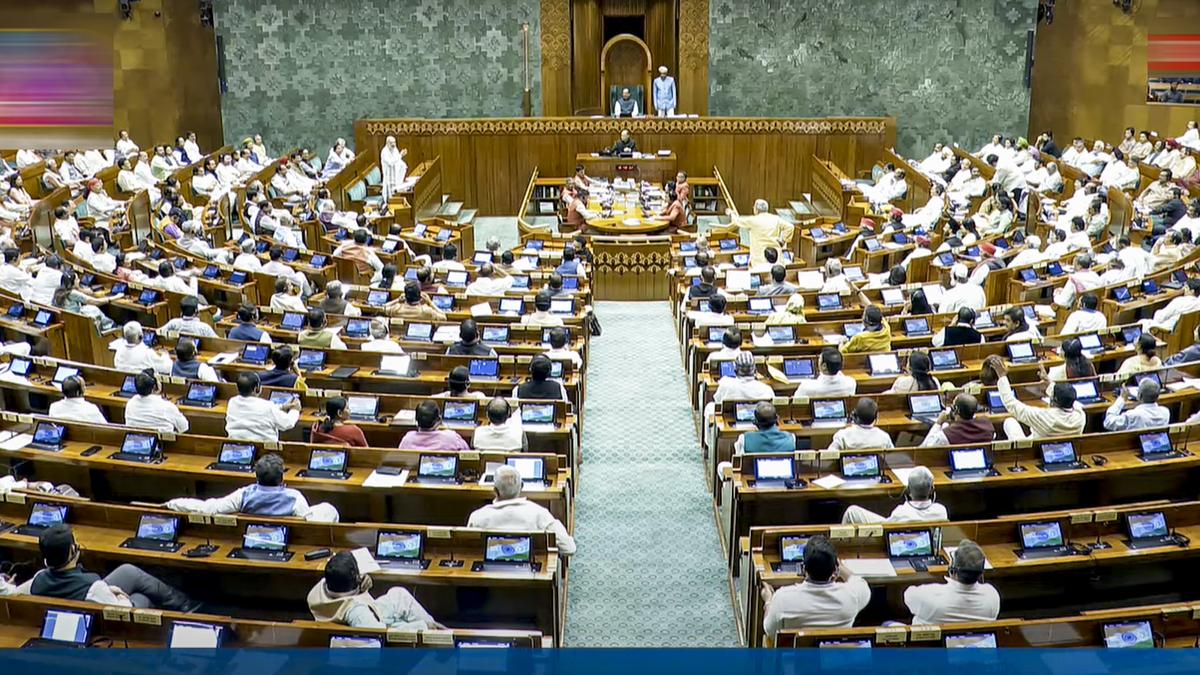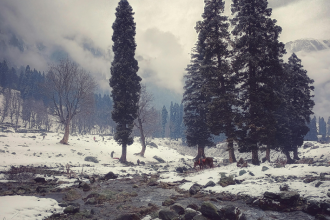Srinagar – A wave of concern and defiance has swept through Jammu & Kashmir as the proposed Waqf Amendment Bill makes its way through Parliament. Political leaders across the Valley, often divided by ideology, have come together in opposition, calling the bill an attack on Muslim rights and a dangerous precedent for the nation’s secular fabric.
For many, this is not just about legislation—it’s about identity, faith, and history.
A United Stand Against the Bill
The National Conference (NC) has vowed to strongly oppose the amendment, while the Peoples Democratic Party (PDP) has gone further, calling it a “conspiracy against Muslims.”
Mehbooba Mufti, PDP president and former Chief Minister, didn’t mince words. “This is not just about the Waqf. This is about disempowering an entire community, one law at a time,” she said, urging people across faiths to recognize the dangerous path being taken. “For the last decade, we have seen Muslims being lynched, their mosques bulldozed, their graveyards occupied. This is not just about Kashmir—this is about India’s soul.”
She called upon Hindus in the country to take a stand. “If people want to protect Gandhi’s India, if they don’t want this country to turn into Myanmar, they need to speak up now,” she warned, referencing the persecution of Rohingya Muslims.
‘A Direct Attack on Faith’
Sajad Lone, president of the J&K People’s Conference, echoed these concerns, calling the bill “another right-wing trespass” into religious freedoms.
“Waqf is not just an organization. It is a sacred trust, a custodian of properties that belong to the Muslim community,” Lone posted on X (formerly Twitter). “For Parliament to intervene in its affairs is not just interference—it is an assault on our faith.”
His words resonate deeply with many in Kashmir, where Waqf institutions fund religious, educational, and charitable causes that have served generations.
‘This Bill Targets Only One Religion’
Former Chief Minister and NC leader Omar Abdullah has been firm in his opposition, calling the bill selective and unjust.
“Every religion has its own institutions and charity organizations,” Abdullah said. “But when it comes to Muslims, why are our institutions singled out? Waqf has been a source of support for countless people, and now it is being targeted under the guise of reform.”
A Growing Fear: Where Does This End?
For many in Kashmir, this bill is not an isolated move—it is part of a larger pattern. There is a fear that the rights of Muslims in India are slowly being eroded, and that silence today will only invite greater injustice tomorrow.
“If we allow this to happen without resistance,” Mehbooba Mufti warned, “what happened to Kashmiri Pandits could happen again—to another community, in another form. And by then, it will be too late.”
The fight against the Waqf Amendment Bill is more than a political battle—it is a test of India’s secular identity. Will the country stand for justice, or will silence pave the way for deeper divisions? Only time will tell.








